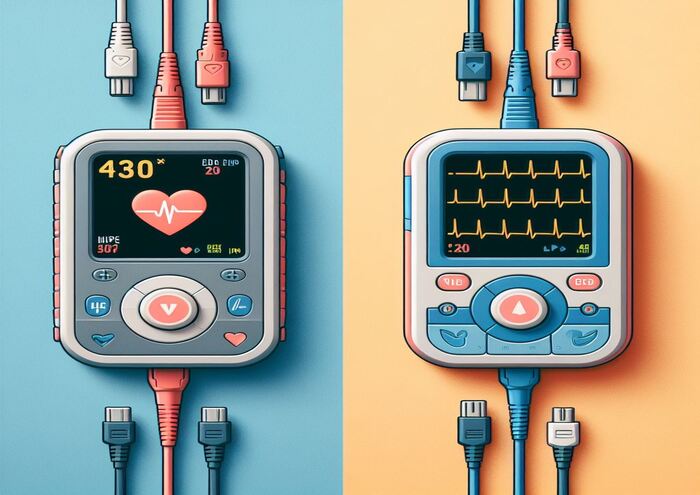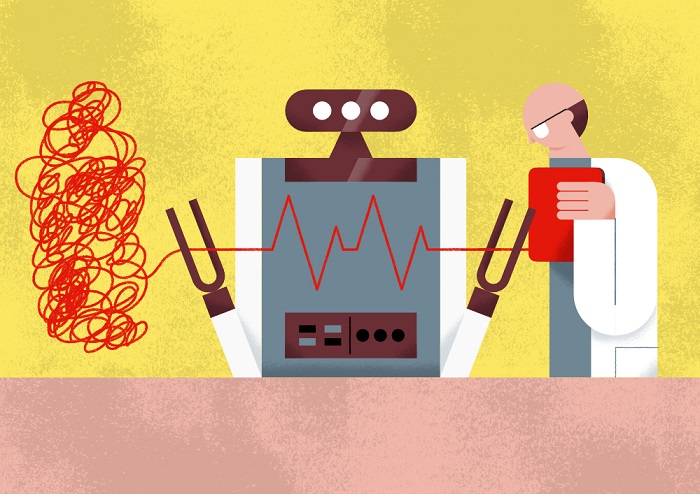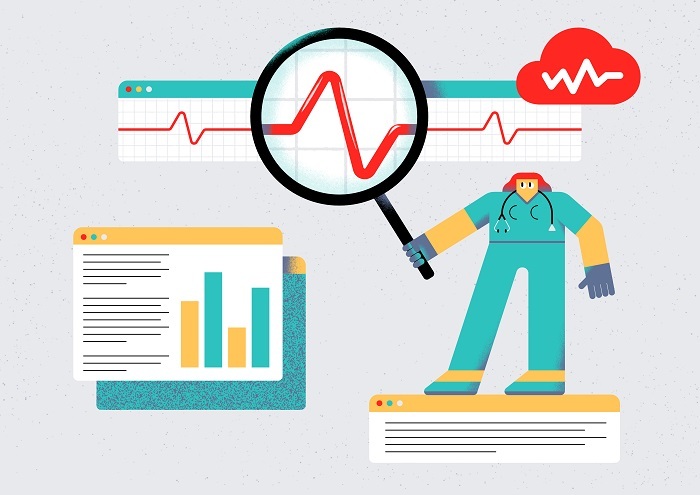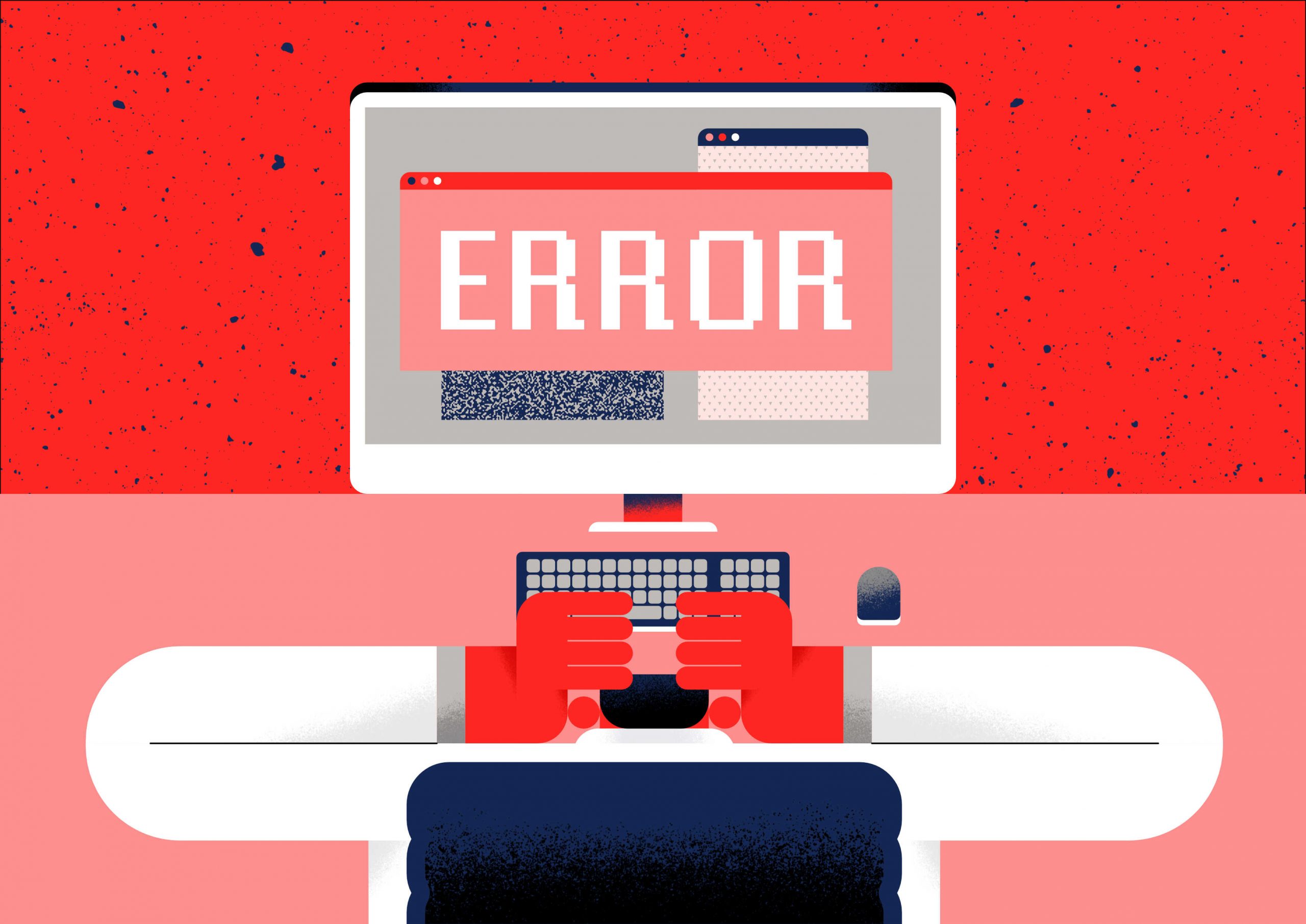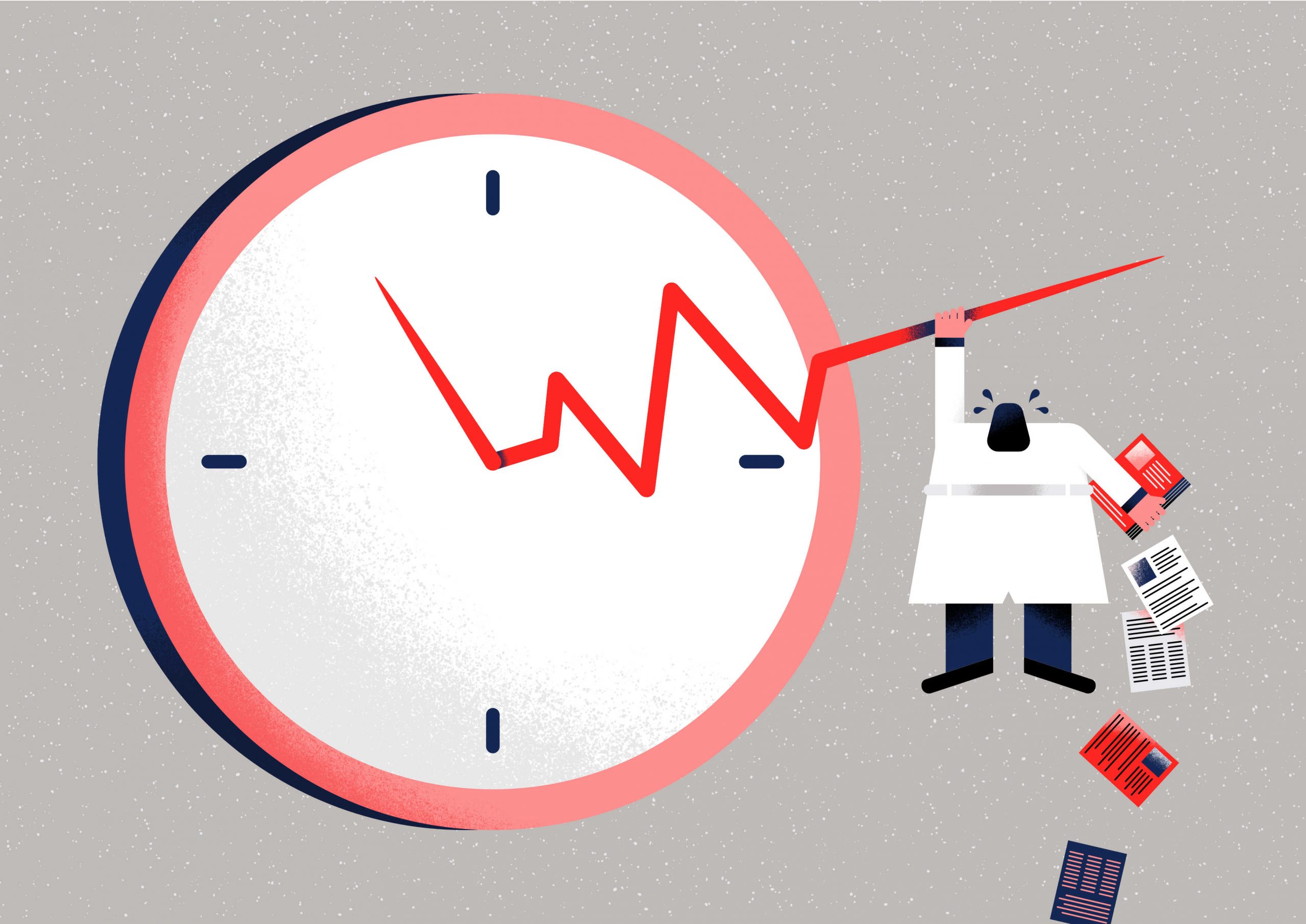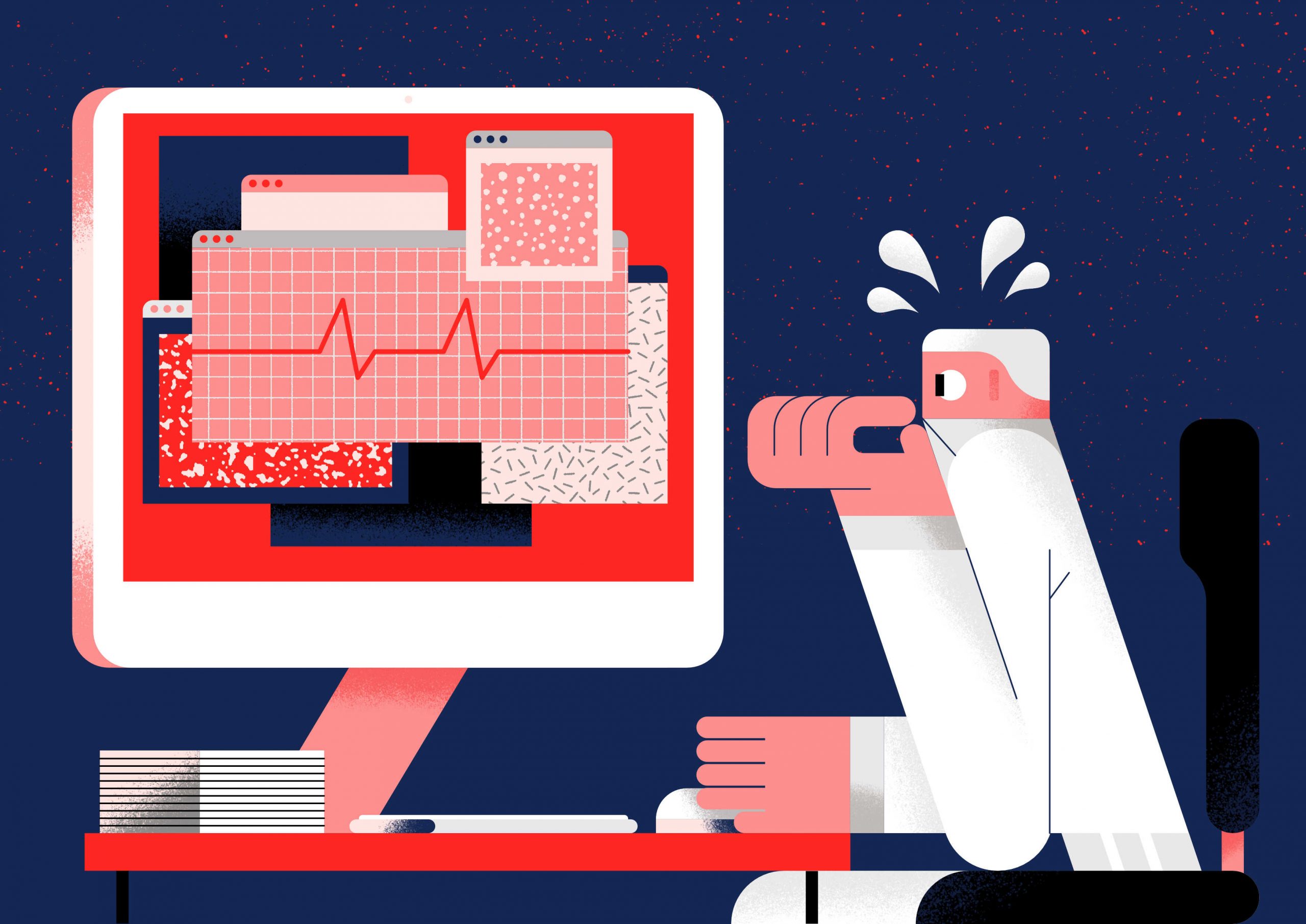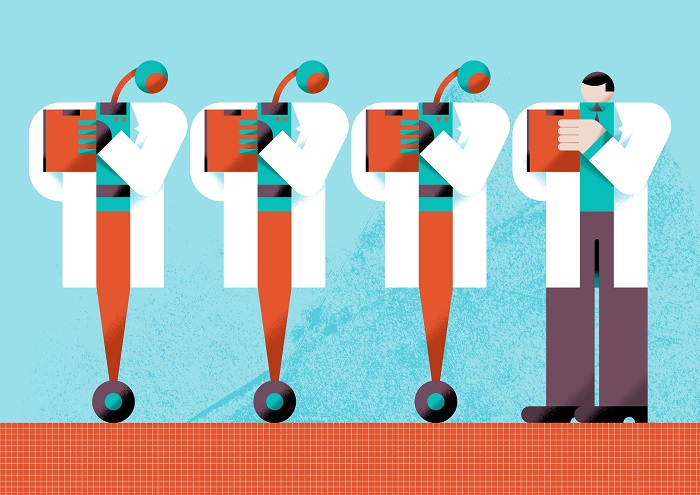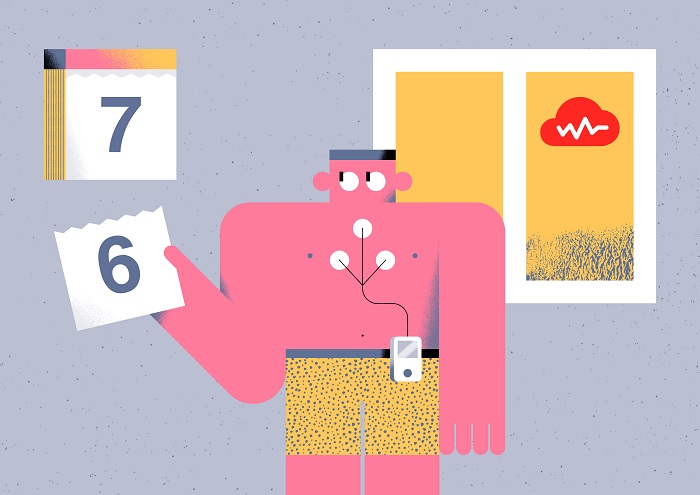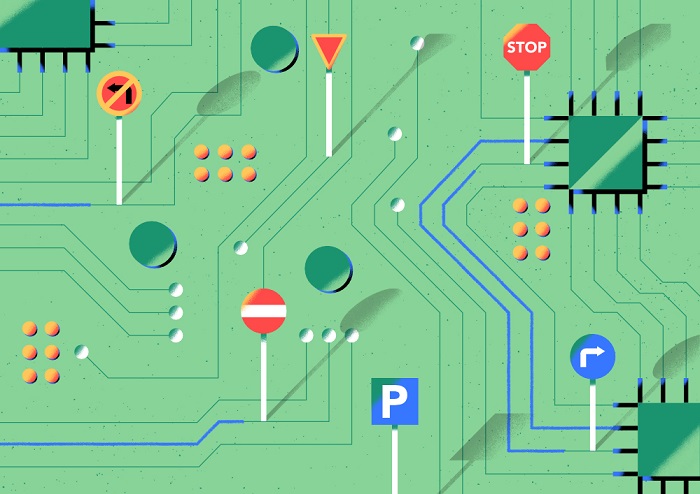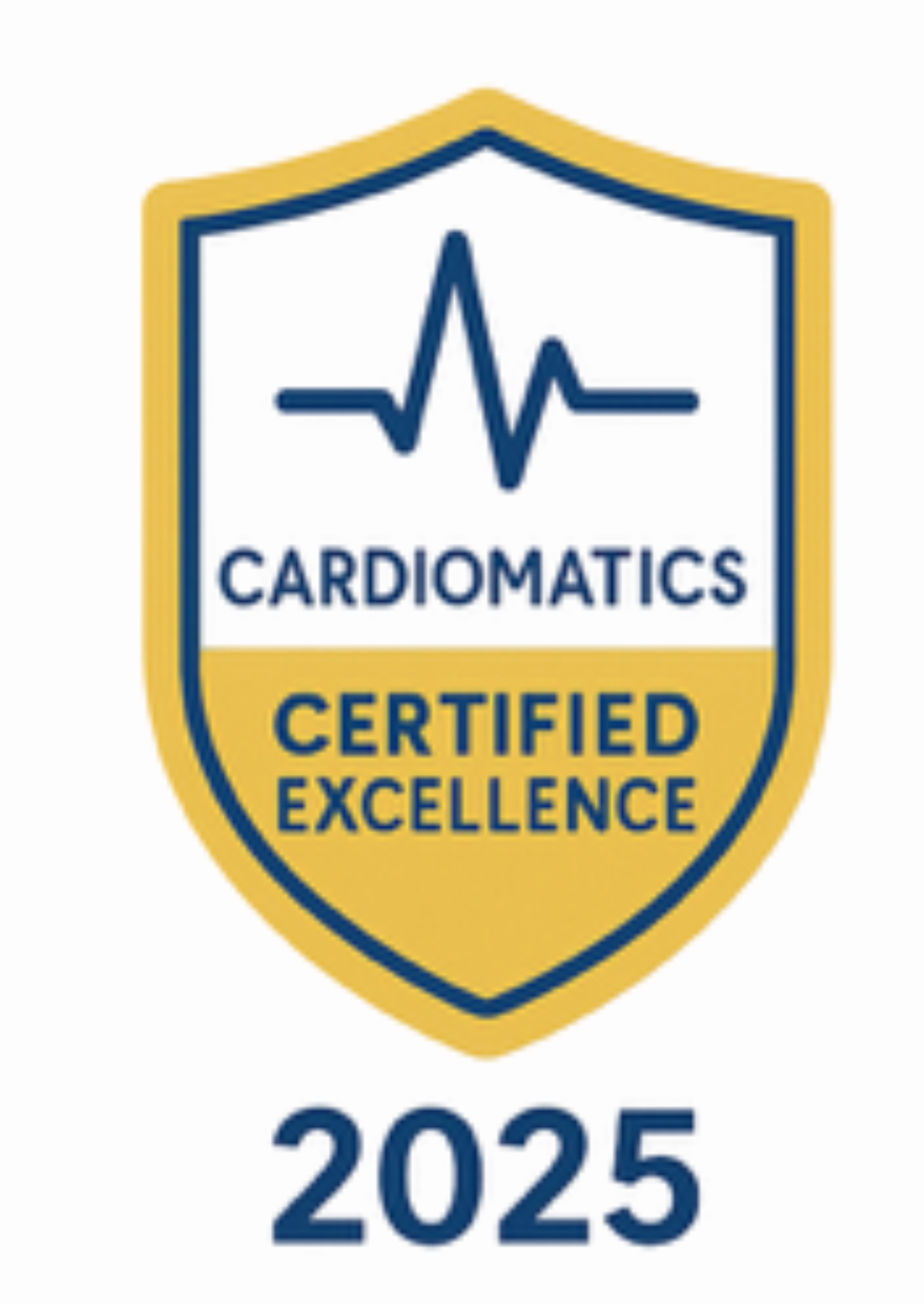ECG patches and cable holter monitors are two main types of devices for long-term ECG monitoring. Patches, with their convenience and waterproof design, are dominating the market and experiencing rapid growth in usage. However, cable holters still offer specific features making them preferable for certain clinical scenarios. Find out more and discover key insights from our unique dataset comprising several hundreds of thousands of ECG recordings from a range of devices.
Refer a friend to Cardiomatics and they’ll enjoy a free month of Cardiomatics Pro while we donate to the World Heart Federation in your name. If they sign up for a minimum 12-month subscription, you both receive rewards. Join now to share the benefits of Cardiomatics and support heart health globally!
Introducing Cardiomatics v5: the world’s first AI-based ECG interpretation software certified under the Medical Device Regulation (MDR). With new features like AV block detection, fast-track analysis, and a revamped layout, Cardiomatics v5 empowers medical professionals with accurate and efficient ECG analysis. Join over 1,000 users and 200 clinics in experiencing streamlined workflow options and insightful reports. Request a free trial today to explore the potential of AI in ECG interpretation and enhance patient care.
Discover Cardiomatics’ latest feature: the ECG signal viewer. Now, access raw ECG signals directly within the Cardiomatics web panel, simplifying workflow for cardiologists. Responding to market demand, this enhancement offers efficiency and cost-effectiveness for medical professionals. Try it out with a free trial today.
In the final installment of our series on ECG signal analysis challenges, we delve into the complexity of Holter ECG analysis. Traditional methods are labor-intensive and prone to inaccuracies due to outdated software. However, Cardiomatics offers a revolutionary solution. With its AI-powered platform, Holter ECG analysis becomes effortless and accessible, available anytime and anywhere via a user-friendly web interface. Backed by successful pilot programs and endorsements from medical professionals, Cardiomatics is transforming ECG analysis, saving time and enhancing patient care. Join hundreds of GPs and cardiologists already benefiting from Cardiomatics and streamline your Holter ECG analysis today.
In part two of our series on ECG signal analysis challenges, we address the pressing issue of time constraints faced by both patients and doctors in cardiovascular care. Manual Holter ECG analysis, although common, is time-consuming and outdated. However, with the integration of Cardiomatics, AI-powered algorithms reduce analysis time by up to 80%, enabling doctors to focus on diagnosis and patient care. Through successful implementations at Swiss hospitals and research studies, Cardiomatics has demonstrated its ability to significantly accelerate ECG analysis, saving valuable time for medical professionals. Embracing modern technology like Cardiomatics is key to faster analysis and more efficient diagnosis in preventing heart failure and premature death.
In part one of our series on analyzing Holter ECG signals, we address the challenge of accuracy and human error in manual analysis. Cardiomatics provides a solution by offering cloud-based AI technology that ensures precise interpretation of ECG signals, reducing reliance on human interpretation. Trusted by leading medical institutions and validated in clinical trials, Cardiomatics delivers accurate reports with a positive feedback rate of 99.9%. With AI algorithms constantly learning and improving, Cardiomatics enhances diagnostic precision and efficiency in clinical practice. Learn more about implementing Cardiomatics software in your workplace to streamline ECG analysis and improve patient care.
In the UK, the backlog of cardiovascular patients awaiting vital heart care is growing, worsened by challenges from the COVID-19 pandemic. With over 100,000 individuals waiting for treatment, AI algorithms offer a solution to reduce this backlog. Cardiomatics, a cloud-based AI software, streamlines ECG analysis, cutting analysis time by up to 80% and providing accurate reports in just four clicks. Trusted by leading institutions and validated in clinical trials, Cardiomatics helps doctors focus on patient care. Contact us to learn more about how AI can support managing the backlog of heart care in the UK.
Artificial intelligence (AI) is transforming cardiology by automating ECG signal analysis, addressing challenges worsened by cardiovascular diseases and the pandemic. Manual analysis of Holter monitor ECG tests is time-consuming and demands expertise, leading to a backlog in heart care. AI algorithms, like those in Cardiomatics software, analyze signals swiftly and accurately, reducing analysis time by up to 80%. With just four clicks, doctors receive reports for interpretation and treatment planning. PZU Zdrowie’s collaboration with Cardiomatics highlights the growing trust in AI solutions to enhance medical care.
Recent research underscores the importance of 7-day ECG monitoring for post-stroke patients to detect crucial arrhythmias and guide treatment. Dr. Ulrich Ingold from Interlaken Hospital praises its effectiveness in identifying atrial fibrillation (AF) and aiding treatment decisions. Utilizing Cardiomatics software streamlines analysis, reducing resource use and enhancing patient care. This innovative solution has garnered praise from medical professionals for its reliability and efficiency. Join the many GPs and cardiologists benefiting from Cardiomatics to enhance ECG analysis.
Unlocking the potential of AI in healthcare, Cardiomatics adheres to stringent quality standards and regulations, ensuring patient privacy and data security. Through meticulous data preparation and continuous model assessment, we pioneer the development and implementation of AI-based prediction models in cardiology. Join us in revolutionizing healthcare and explore career opportunities with our dynamic team!
During the pandemic, many medical professionals shifted to remote work, facing challenges accessing necessary tools located in hospitals and clinics. Recognizing this need, organizations like the AMA and AHA praised telemedicine as a powerful solution. Cloud-based technologies and telehealth services support remote work for physicians, facilitating tasks like patient monitoring.
Remote healthcare extends to patients as well, with telemedicine enabling remote diagnosis and monitoring. Cardiomatics offers a solution for cardiology, allowing doctors to analyze ECGs anytime, anywhere, with precision and efficiency.
With solutions like Cardiomatics, both healthcare workers and patients can access quality care remotely.

